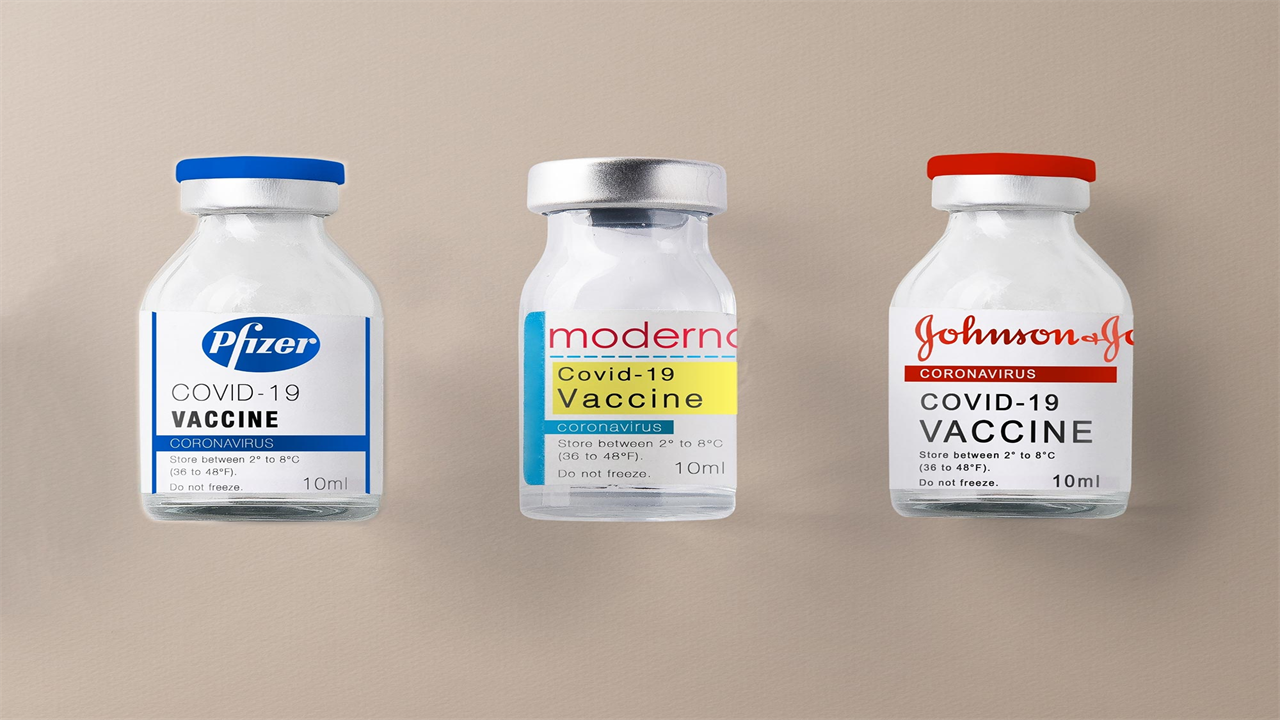COVID-19 Vaccines Effective Against Delta Variant – How Pfizer, Moderna and J&J Compare
0 View
Share this Video
- Publish Date:
- 12 September, 2021
- Category:
- Covid
- Video License
- Standard License
- Imported From:
- Youtube
Tags

Data from a nationwide study shows that COVID-19 vaccines are effective in preventing hospitalizations and emergency room visits due to the Delta variant.
COVID-19 vaccines are effective at preventing hospitalizations and emergency room visits caused by the Delta variant, data from a national survey shows. Those data also indicate that Moderna’s vaccine is significantly more effective against Delta than Pfizer and Johnson & Johnson.
“These real-world data show that vaccines remain highly effective in reducing COVID-19-related hospitalizations and emergency room visits, even in the presence of the novel COVID-19 variant,” said study author Shaun Grannis, MD, MS, vice president of the Regenstrief Institute. president of data and analytics and professor of medicine at Indiana University School of Medicine. “We strongly recommend vaccinations for anyone who is eligible to reduce serious illness and ease the strain on our health care system.”
The VISION Network of the Centers for Disease Control and Prevention (CDC) analyzed more than 32,000 medical encounters from nine states in June, July and August 2021, when the Delta variant became the predominant strain. The results showed that unvaccinated individuals with COVID-19 are 5-7 times more likely to require emergency care or hospitalization, comparable to the overall effectiveness prior to the variant.
The study in Morbidity and Mortality Weekly Report is also the first analysis by the VISION Network to show a clear difference between the effectiveness of the mRNA vaccines (Moderna and Pfizer). During the period of the investigation:
Moderna was 95 percent effective at preventing hospitalizations in adults 18 years and older. Pfizer was 80 percent effective at preventing hospitalizations in adults 18 years and older. Johnson & Johnson was 60 percent effective in preventing hospitalizations in adults 18 years and older.
The study also found that vaccine effectiveness is lower for people age 75 and older, which has not been shown in previous research. This could be due to a number of factors, including the longer time since vaccination.
When it came to avoiding emergency care and urgent care visits, analysis found that:
Moderna was 92 percent effective. Pfizer was 77 percent effective. Johnson & Johnson was 65 percent effective.
Scientists say these findings need further monitoring and evaluation.
“Despite the differences in effectiveness, vaccines continue to provide much more protection than getting none at all,” said Dr. Grannis. “Although breakthrough cases are occurring, data shows that symptoms are less severe. The vast majority of COVID hospitals and deaths still occur among unvaccinated individuals. COVID-19 vaccines are powerful tools to fight the pandemic. ”
The VISION network, funded by the CDC, includes seven organizations contributing and analyzing data from U.S. healthcare systems to learn more about the effectiveness of the COVID-19 vaccine. In addition to Regenstrief Institute, other members include Columbia University Irving Medical Center, HealthPartners, Intermountain Healthcare, Kaiser Permanente Northern California, Kaiser Permanente Northwest, and University of Colorado.
“Interim estimates of the effectiveness of the COVID-19 vaccine against COVID-19-associated emergency departments or emergency care clinics and hospitalizations among adults during SARS-CoV-2 B.1.617.2 (Delta) variant predominance – nine states, June August 2021” was published in the CDC’s Morbidity and Mortality Weekly Report. In addition to Dr. Grannis are other authors on the paper Elizabeth A. Rowley, DrPH, MS of IU School of Medicine; Toan C. Ong, PhD from Kaiser Permanente Northwest; Edward Stenehjem, MD, MSc of InterMountain Healthcare; Nicola P. Klein, MD, PhD from Columbia University; Malini DeSilva, MD of HealthPartners; Allison Naleway, PhD from Kaiser Permanente Northwest; Karthik Natarajan, PhD from Columbia University and Mark G. Thompson of the CDC COVID-19 Response Team.










